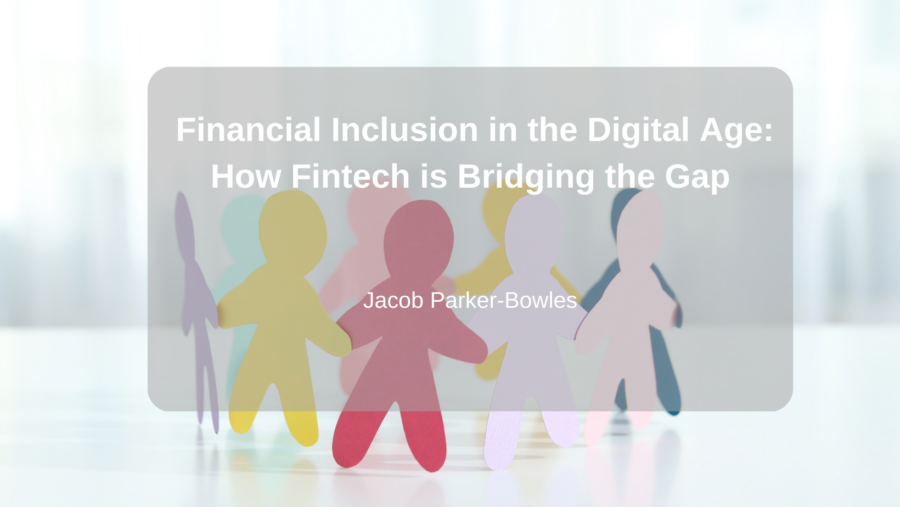Financial inclusion, or the availability and accessibility of financial services to all individuals and businesses, has been a pressing issue in many parts of the world. It is estimated that about 1.7 billion people globally still don’t have access to formal financial services, which has hindered their ability to save, invest, borrow, and manage financial risks. Fortunately, the emergence of financial technology, or fintech, has provided a new avenue for bridging the gap between the financially excluded and the mainstream financial system.
Fintech refers to technology that improves and automate financial services. It encompasses a wide range of applications, such as mobile banking, peer-to-peer lending, crowdfunding, digital wallets, blockchain, and robo-advisory. These innovations have enabled financial institutions, governments, and startups to offer faster, cheaper, and more convenient financial services to underserved and unbanked populations. Let’s explore how fintech promotes financial inclusion in the digital age.
One of the main benefits of fintech is that it has reduced the cost and complexity of providing financial services to low-income individuals and small businesses. Traditional banks and financial institutions often have high overhead costs, such as physical branches, staff salaries, and regulatory compliance, making it difficult to offer affordable financial products to people with low incomes or no credit history. Fintech, on the other hand, leverages digital platforms and algorithms to streamline operations, reduce fraud, and lower transaction costs, which translates into more accessible and affordable financial services.
For instance, mobile banking has become a game-changer in many developing countries with limited access to traditional banking. Mobile banking allows people to access banking services through their mobile phones, such as opening accounts, making deposits, transferring funds, and paying bills. This is particularly useful for people who live in rural areas, where physical banks are scarce or far away, and for those who do not have a formal ID or address.
Mobile banking has also enabled microfinance institutions and other non-bank entities to offer small loans and insurance products to low-income customers, who would otherwise be excluded from formal credit markets.
Another way fintech is promoting financial inclusion is through peer-to-peer lending and crowdfunding. These platforms allow individuals and small businesses to access loans and investments from a diverse pool of lenders or investors, without going through traditional intermediaries, such as banks or venture capitalists. Peer-to-peer lending and crowdfunding have become popular because they offer faster approval times, lower interest rates, and more flexible repayment terms than traditional loans. They are also helpful for people who have unconventional business models or projects that may not meet the criteria of traditional lenders.
Digital wallets are another fintech application that is making financial services more inclusive. Digital wallets are mobile apps that allow users to store, send, and receive money electronically without needing a bank account. They are particularly useful for underbanked people, such as migrant workers, freelancers, and gig economy participants, who may not have a regular income or a permanent address. Digital wallets are also useful for making small transactions, such as buying groceries, paying for transportation, or sending remittances to family members in other countries.
Finally, blockchain technology is a promising fintech innovation that could promote financial inclusion in several ways. Blockchain is known as a decentralized digital ledger recording transactions in a transparent and secure way. It can potentially reduce fraud, corruption, and bureaucracy in financial services and enable secure and affordable cross-border payments.
Blockchain could also enable people to create and exchange digital assets, such as cryptocurrencies, that are not tied to traditional banking systems and can be used as a store of value or a means of exchange. In conclusion, fintech is a powerful tool for promoting financial inclusion in the digital age.

